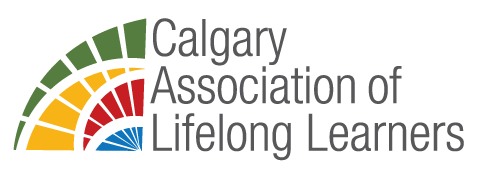April 17, 2023 |
Understanding the Diversity of Smart Cities Smart cities, as a form of planning and urban administration, are becoming widespread on a global scale, yet their characteristics vary widely. Geographical, social, political, and economic contexts and relationships are critical to understanding the power relations, pitfalls, and potentialities of the smart city phenomenon. To illustrate just how varied smart cities are, Byron Miller will discuss the findings of a three-year comparative research project addressing smart city initiatives in Barcelona, Stockholm, Seoul, Singapore, Taipei, Calgary, and Toronto. Bio: Byron Miller is Professor of Geography and Coordinator of the interdisciplinary Urban Studies Program at the University of Calgary where he teaches courses on topics such as urbanization and urban planning, urban social geography, urban politics and governance, globalization, and sustainability. His work focuses on social movements, urban governance, neighbourhood change and inequality, the politics of urban and regional sustainability, and the social and environmental implications of smart cities. Applying his knowledge in a wide range of civic venues, with the objective of creating more inclusive, sustainable, and just cities, he has been a board member of Sustainable Calgary since 2008 and has served on numerous City of Calgary planning committees including the Downtown Urban Structure Plan committee, the ImagineCalgary Urban Governance Working Group, the ImagineCalgary Steering Committee, and the Community Representation Framework Task Force. One of two citizens appointed by Calgary City Council to serve on the Plan-It Implementation Committee (2009-2010), addressing the implementation of Calgary’s new 60-year Master Development and Transportation Plan (“Plan-It”), he is also the author/co-editor of three books: Geography and Social Movements (2000), Spaces of Contention (2013), and the Routledge Handbook on Spaces of Urban Politics (2018). |
